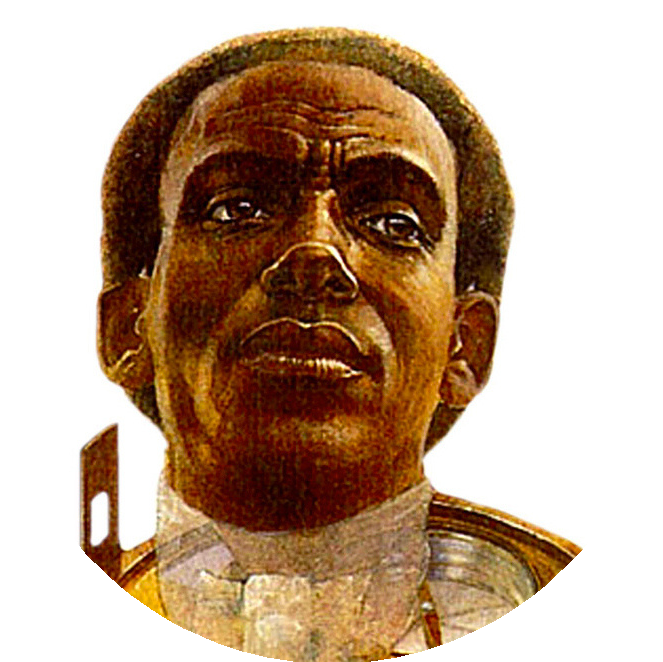
Benjamin Banneker was a free Afrikan-American, farmer, mathematician, and astronomer who played a Crucial r role in planning the capital of the United States (Washington, DC ).
For some years, Benjamin seems to have served as an indentured laborer on the Prince George’s County plantation of Mary Welsh, who had dealings with the Bannaky family and in 1773 executed her dead husband’s instructions to release several of her labor force, including “Negro Ben, born free age 43.”
At the age of 21, in 1752, Banneker was introduced to a pocket watch, which belonged to a man named Josef Levi. This watch would turn Banneker's life upside down. He took the watch and tried to understand how it worked. Banneker carved a similar watch from small pieces of wood and made his own clock, the first to strike the hour, completely made in America.

"Big Ben" is said to be named after Benjamin Banneker
Banneker's clock was so precise that it struck every hour, on the hour, for 40 years. The Ellicott brothers lent Banneker books on astronomy and mathematics and stargazing instruments. Banneker successfully predicted the solar eclipse of April 14, 1789, thus contradicting the predictions of eminent mathematicians and astronomers of the time. When he built his observation cabin in 1791, President George Washington appointed Banneker to draw the District of Columbia, Washington, DC, making Banneker the first Afrikan American to join a presidential candidate commitment.





